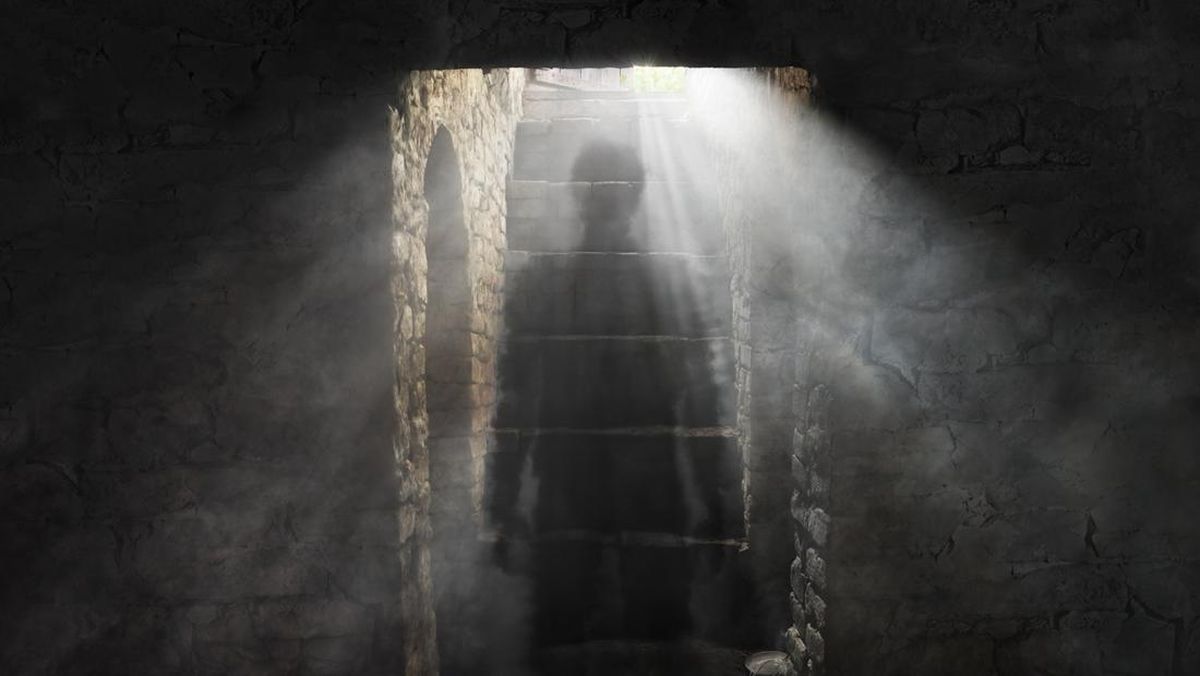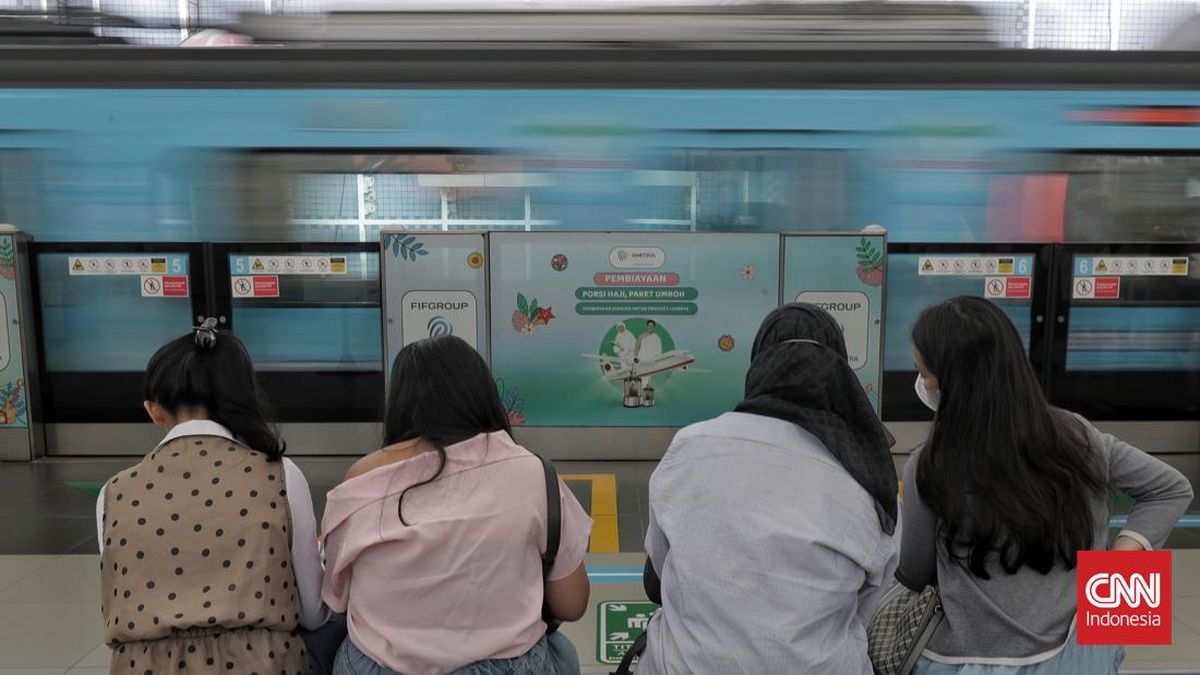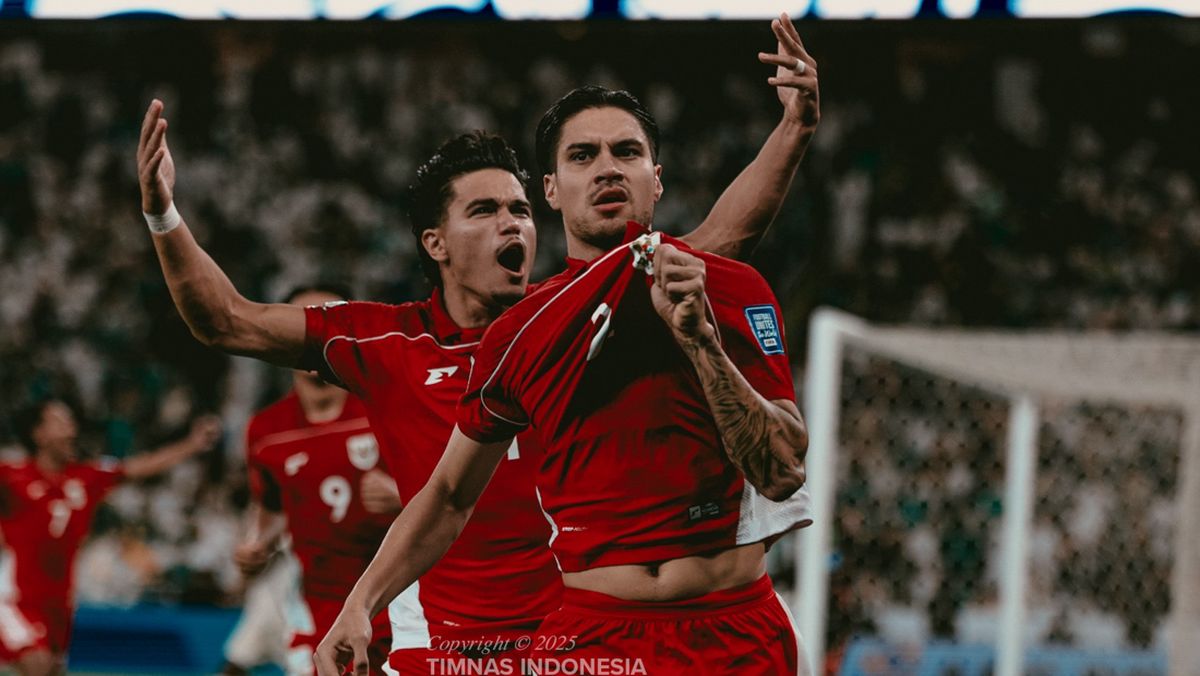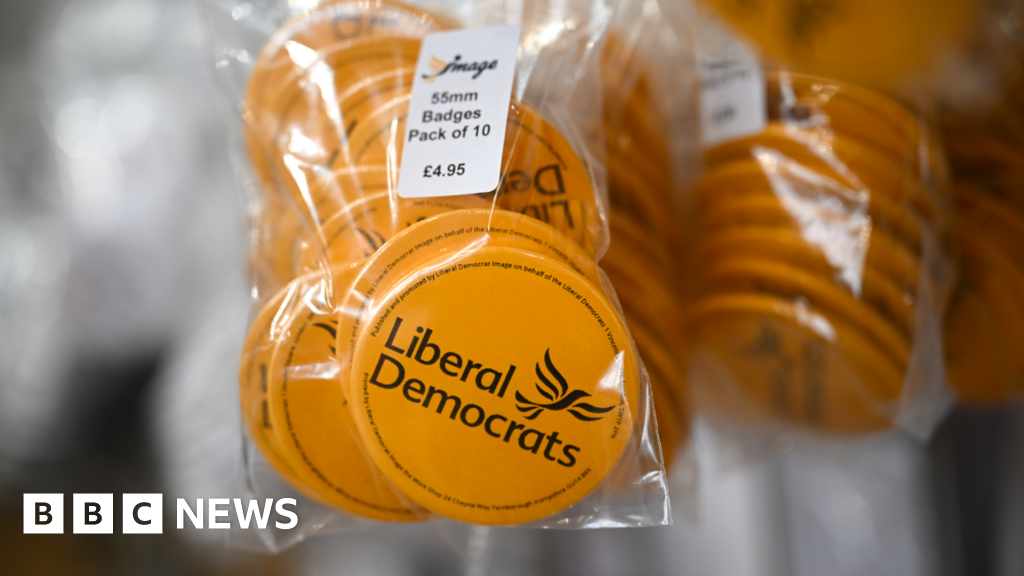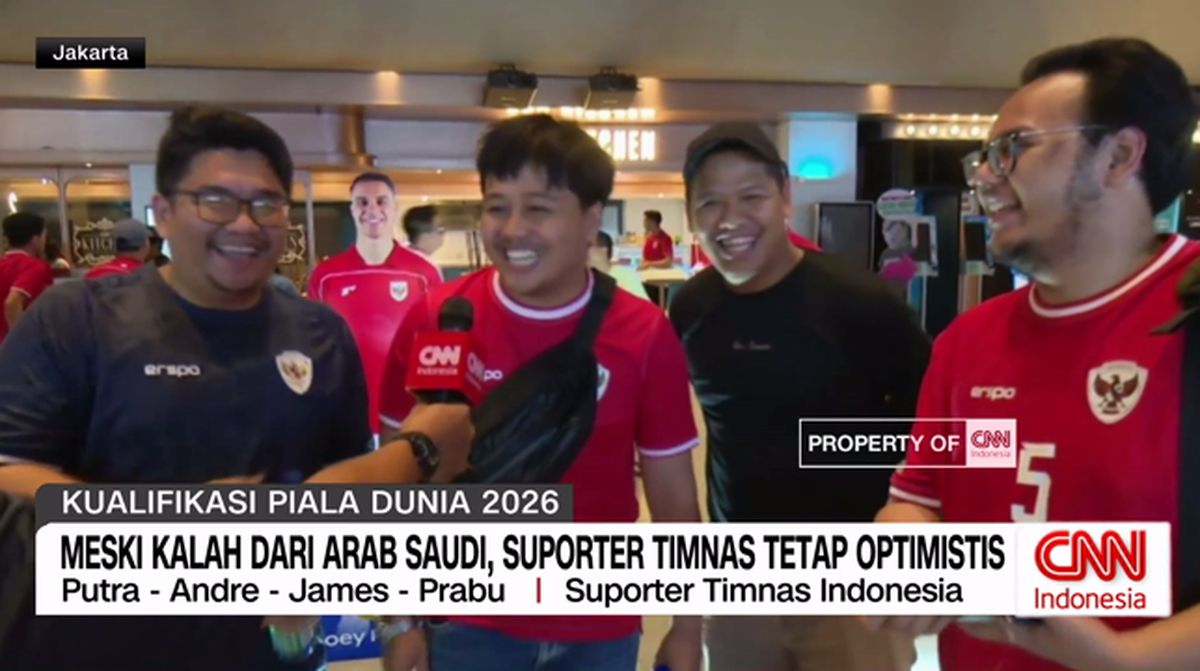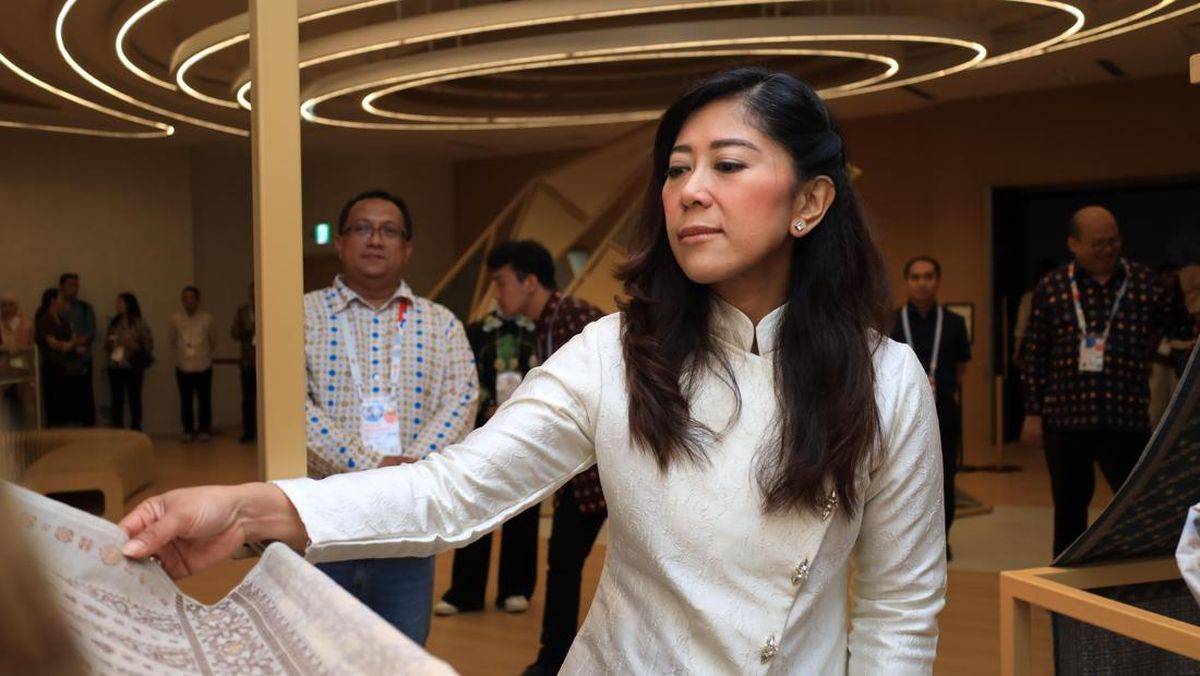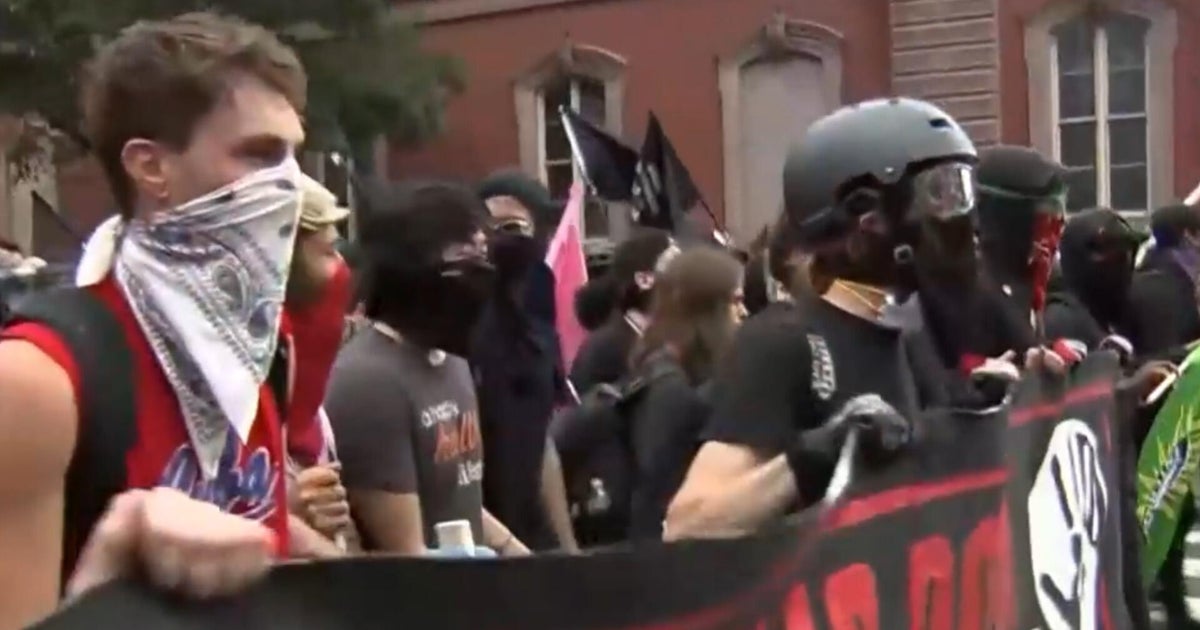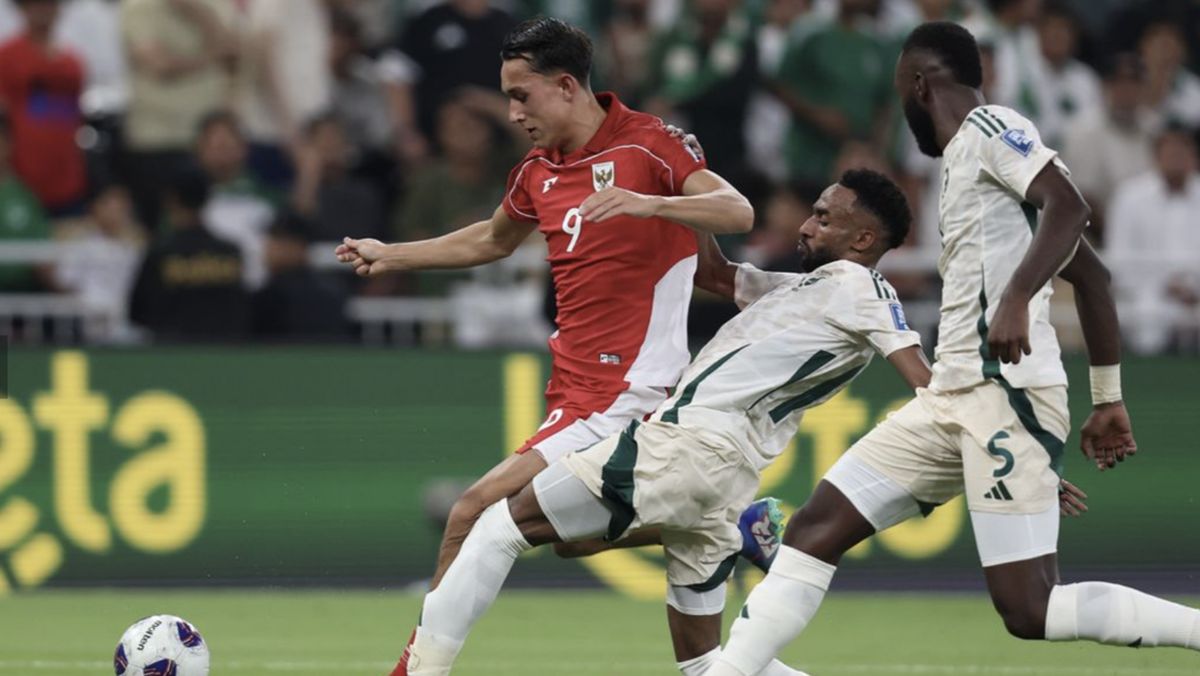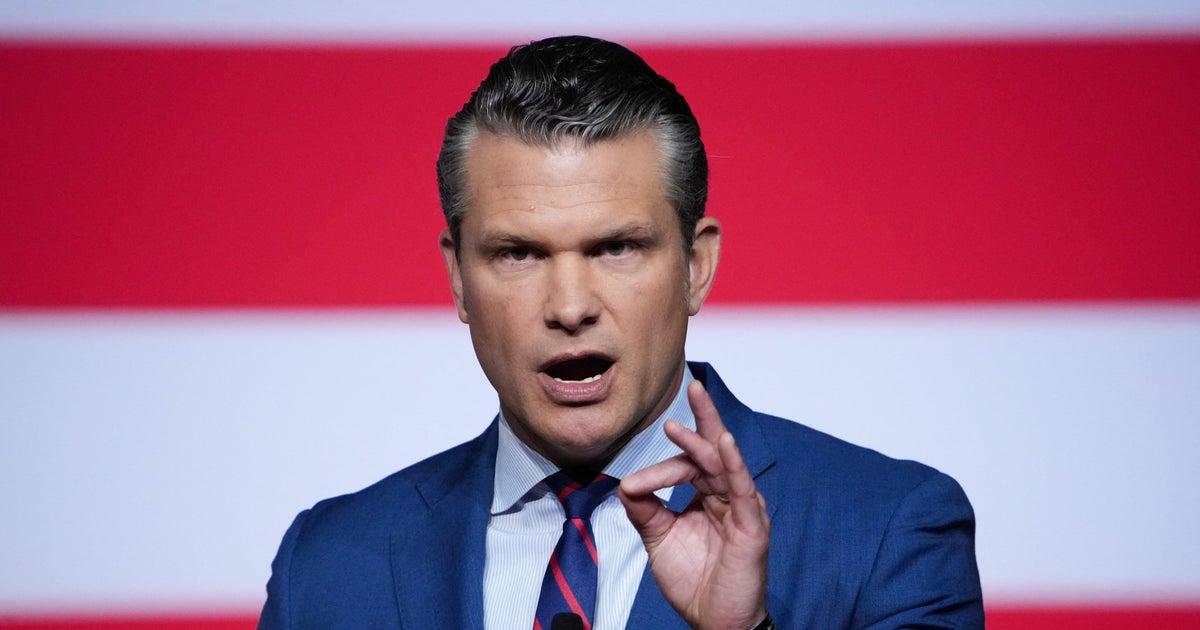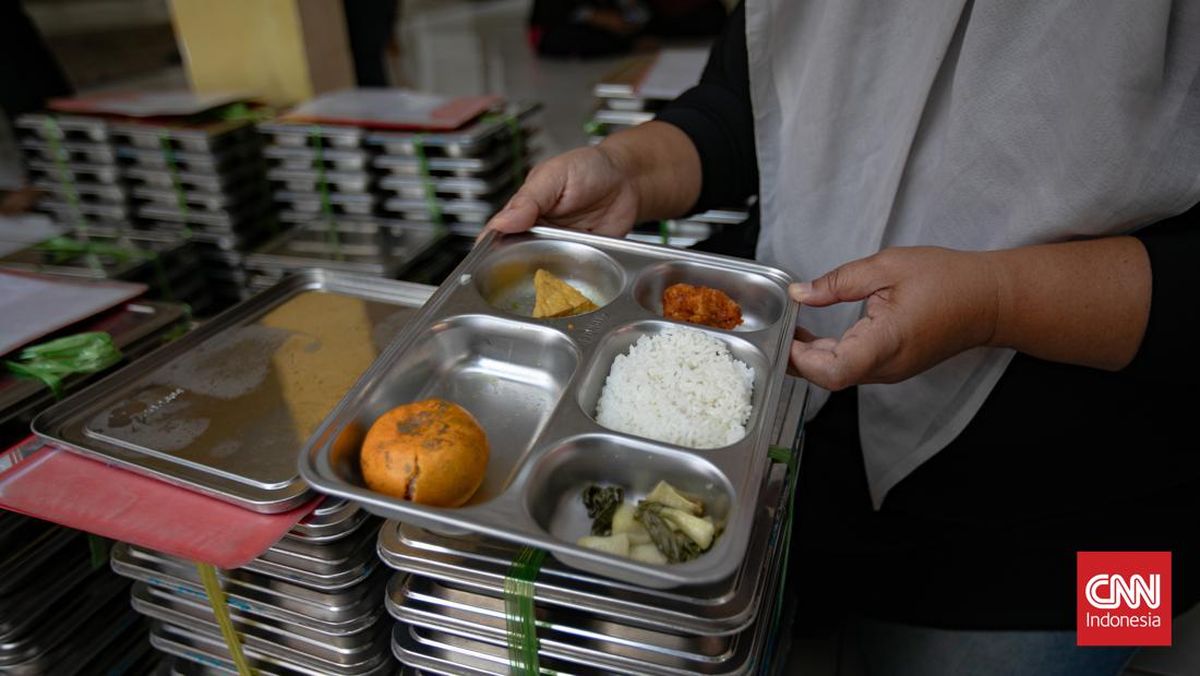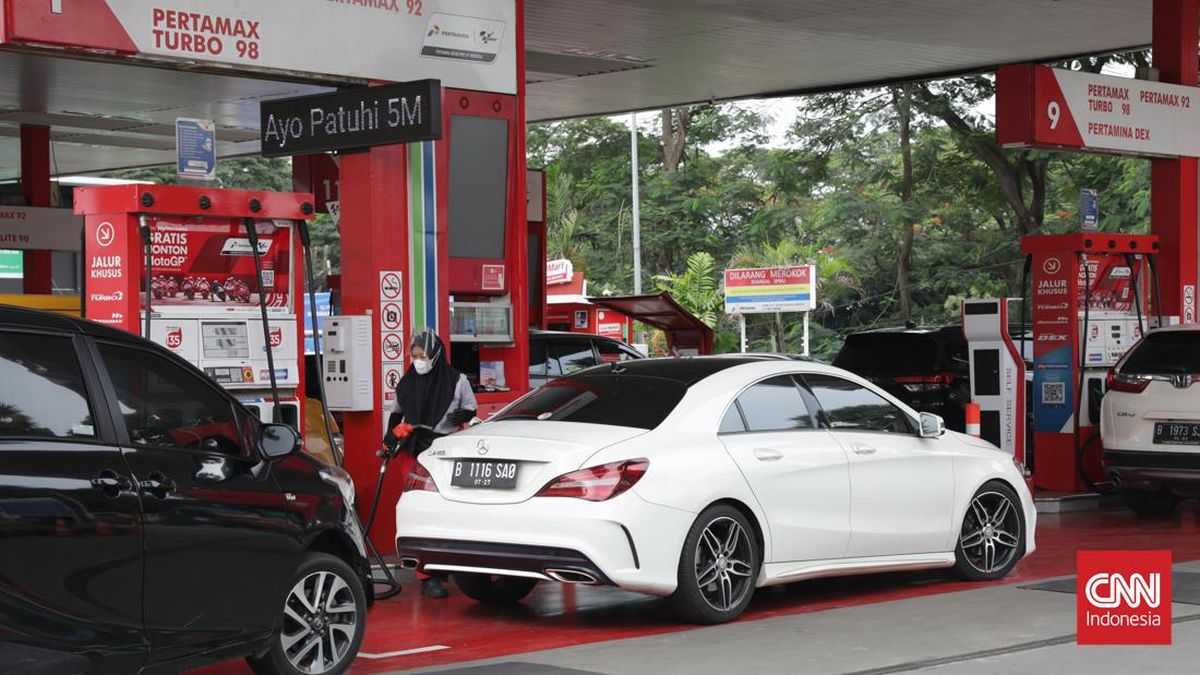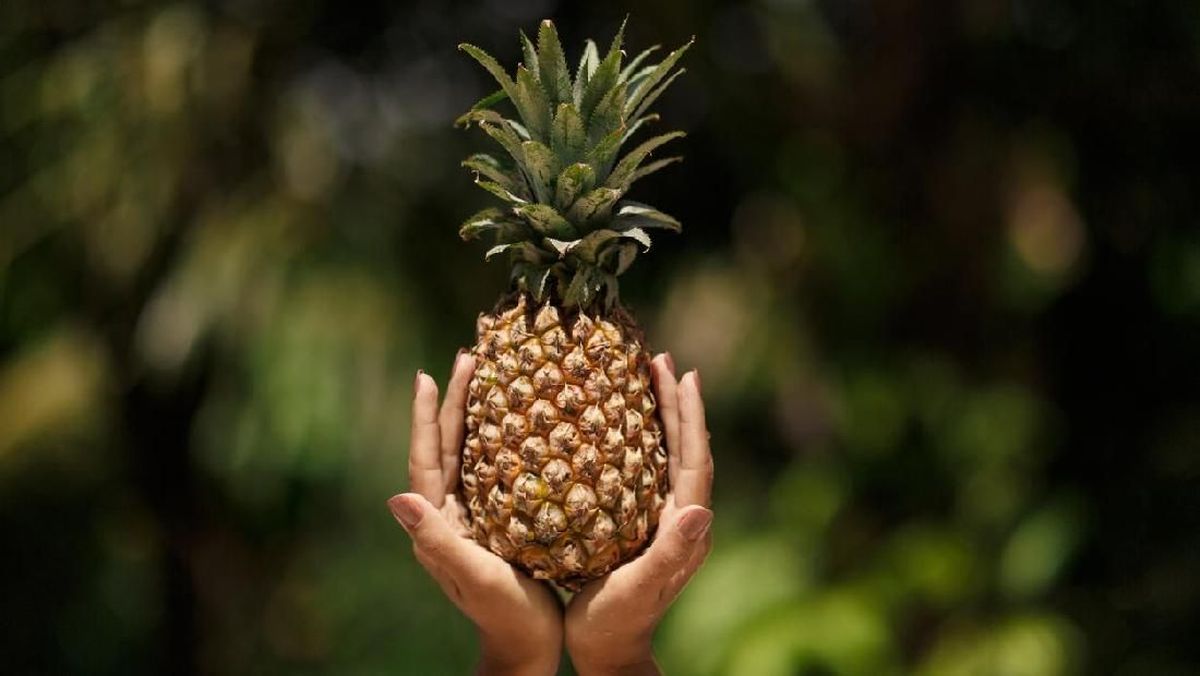Well, that’s a relief: Australia may not be a high priority for Donald Trump, but neither are we in the diplomatic deep freezer.
Just as Anthony Albanese’s failure to secure his first meeting with Trump was beginning to become politically damaging, the prime minister has locked in a White House visit next month. This is a victory for Albanese, even if it means he will have to schlep back to the United States for the third time this year.
The fact the meeting was being organised behind the scenes helps explain why the Prime Minister has appeared so laid-back in New York this week, despite mounting criticism about his failure to score any face time with Trump eight months into his second presidency.

President Donald Trump will host Prime Minister Anthony Albanese at the White House next month.Credit: AP
It’s also a win for United States ambassador Kevin Rudd, who was facing increasing scrutiny about his access to the White House. Rudd looked like the cat that swallowed the King Island double cream at an appearance alongside Albanese in New York after the meeting was confirmed, declaring he was “delighted” by the development.
While stories about Albanese being “snubbed” will now subside, the 270 odd days between Trump’s inauguration and the date of the pair’s first bilateral meeting remains far longer than normal. The lag matters because it symbolises a deeper truth about the anaemic state of the US-Australia alliance since Trump’s return to office.
There have been several signs that our most important ally views Australia as something of an afterthought: the lack of a US ambassador in Canberra; the Pentagon’s review into AUKUS review; and US officials dismissing Defence Minister Richard Marles’ latest meeting with counterpart Peter Hegseth as a “happenstance encounter”.
Loading
Far beyond problems with logistics, the ideological chasm between the Trump administration and Albanese government helps explain why a leaders’ meeting has taken so long to arrange. Trump’s almost hour-long speech to the United Nations General Assembly on Wednesday, New York time, was a vivid reminder of the extreme, unorthodox and often downright bizarre president Albanese will encounter on October 20.
The speech was vintage Trump, packed with hyperbolic boasts about bringing peace to the world and humorous complaints about a dodgy teleprompter, malfunctioning escalator and lack of marble floors at UN headquarters. When it came to the substance of Trump’s address, the lack of common ground with Albanese’s world view was striking.
Trump accused countries that have recently recognised Palestine – like Australia – of rewarding terror group Hamas for its October 7 attacks and encouraging the perpetuation of the Israel-Palestine conflict.
He reserved his most passionate and extensive complaints for climate change, which he decried as “the greatest con job ever perpetrated on the world” while ridiculing countries for embracing renewable energy. Meanwhile, Albanese will use his address to the UN to promote Australia’s goal of slashing greenhouse gas emissions by 62 to 70 per cent by 2035 and wants to host next year’s global climate change conference.
Trump also hyped up his use of tariffs to tilt the global trading system in America’s favour, and decried the impact of mass migration on national traditions. Albanese, by contrast, is a supporter of free trade and multiculturalism.
There was no sign from the speech that Trump is particularly interested in the Indo-Pacific or geopolitical rivalry with China, topics that elevated Australia’s standing with the Biden administration. And that’s before even getting into Trump’s most wacky policies, like his alarming and evidence-free linking of paracetamol and childhood autism.
This list shows why the upcoming White House meeting, while essential and overdue, is still laden with risk. Trump could put Albanese in an awkward spot by firing up over any of these issues at a joint press conference. Anger over Australia’s pharmaceutical benefits scheme, defence spending and social media regulations are other potential flare-ups. Albanese brushed aside questions about Trump’s views on climate and vaccines at a press conference on Wednesday, declaring the president is entitled to his views but that Australia will make decisions in its own national interest.
The good news for Albanese is that, while the centre-left pragmatist from Sydney and populist right-winger from New York are hardly natural bedfellows, Trump cares about personal chemistry as well as ideology. He gets along well with British Prime Minister Keir Starmer despite regarding him as a lefty. And based on a brief handshake encounter at the UN, Trump suddenly decided that he is a fan of Brazilian President Luiz Inácio Lula da Silva, a socialist he previously viewed with hostility.
Some flattery and a good gift (a set of golden golf clubs perhaps?) will go a long way to building rapport, even if the philosophical differences the two leaders remain too vast to ignore.
Get a note directly from our foreign correspondents on what’s making headlines around the world. Sign up for our weekly What in the World newsletter.
Most Viewed in Politics
Loading

